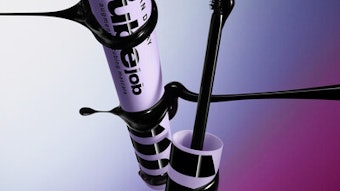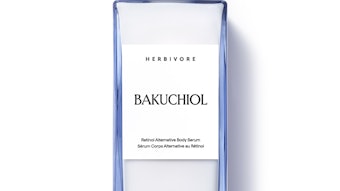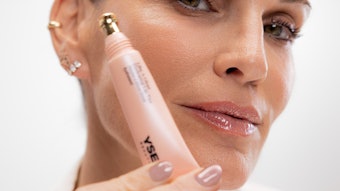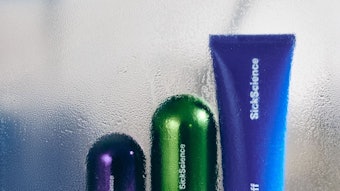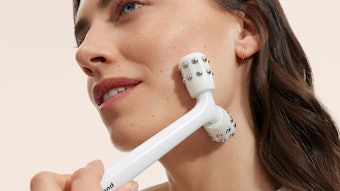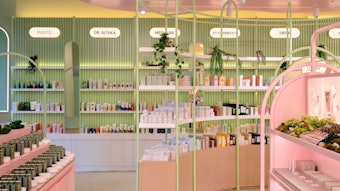Organic Monitor’s new Technical Insights report, an assessment of the leading international natural and organic cosmetic standards, shows that although standards are gaining in popularity, adoption is mostly on a national basis. Very few standards have built a regional, let alone international, presence. Furthermore, the differences between the most popular standards in each region remain wide.
Standards are the most widely adopted in Europe, where almost two-thirds of all natural and organic cosmetic products are certified. Organic Monitor estimates that the market value of certified products will exceed €1 billion in 2009. Ecocert and BDIH are the leading standards, partly because of the high adoption rates in France and Germany, respectively. Ecocert’s popularity is partially due to its organic and natural standard, whereas most certification agencies have only organic standard.
Although various standards have been introduced in North America during the past 18 months, very few products have become certified. Organic Monitor estimates that less than 5% of natural and organic cosmetics are certified in the region. Backed by leading natural cosmetic companies, the Natural Products Association (NPA) standard is the front runner. The NSF ANSI 305 "made with organic" standard is expected to gain popularity once certification begins. The absence of an organic cosmetic standard, however, is leading to a number of American companies to adopt the USDA NOP standard. Although designed for organic food products, it is popular with cosmetic companies that use food-grade ingredients.
Natural and organic cosmetics standards are also being introduced in other regions, notably Asia-Pacific and Latin America. The adoption rates, however, are exceptionally low. Many natural cosmetic companies in these regions focus on exports, making them favor European standards. The Ecocert standard has become the most popular in countries such as Japan, Malaysia and Brazil.
Organic Monitor also undertook a critical review of new regional and international initiatives such as Cosmos and NaTrue. The Cosmos standard, scheduled to be implemented in January 2010, has been developed during seven years of negotiations between leading certification agencies in Europe; its launch is expected to mark a milestone for the European natural cosmetics industry. However, its goal of becoming an eventual European standard is facing competition from NaTrue. More than 150 products have become certified by NaTrue since the standard was launched in 2008.
Natural and organic cosmetic standards (including Cosmos, NaTrue, NPA and other international standards) will be featured in the upcoming Sustainable Cosmetics Summit. Taking place in Frankfurt (Nov. 16–17, 2009), the summit will also focus on some of the major technical issues companies face with natural and organic cosmetics.

